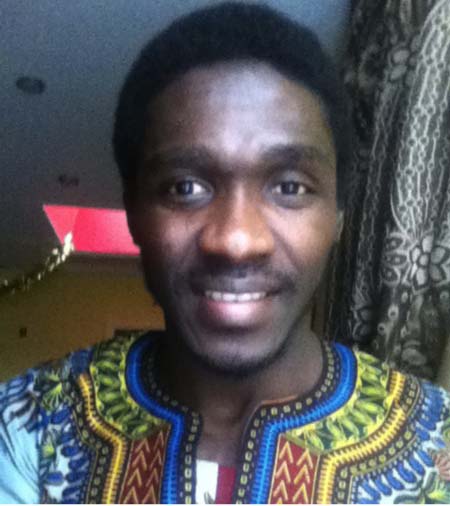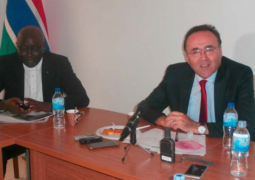
This is a question that leaves thousands of Gambians scratching their heads for the right answer. I am certain many observers of Gambian politics often ask this very same question. However, how many can point to a definite and sure answer? The fear is that, there may be none or very few at best.
Therefore, this triggers the question: what is the problem with politics in The Gambia? First of all, I must admit that I am not an expert on global or domestic (Gambian) politics but I do have some knowledge of politics in The Gambia.
To start with, let us examine the political party leadership in The Gambia which I think is a major stumbling block to the progress of Gambian politics. Since independence, almost all political parties in The Gambia have often maintained the same party leaders who are the flag bearers at every given national elections. In my observation, that is where the problem lies. Why does it not occur to these political parties that it is not only one or two people (in the case of PDOIS) capable of leading a party for decades without success? It is often the case that the founder(s) of the political parties are the automatic candidates for presidency.
It does not always have to be that way. My argument is that, this desire to hang unto party leadership forever sends a negative signal that no other candidates within the party ranks is capable of leading the party. The effect of this is that, promising intelligent young politicians equipped with the right tools to lead are discouraged and forced to take a back seat as they have no hope of ascending to party leadership and mounting a challenge for the presidency.
Secondly, it appears that party leadership in The Gambia is more like a personal property that cannot be relinquished. Worryingly, this has left a negative perception on most Gambians. The view held by most Gambians is that the opposition party leaders are no different to the ruling party when it comes to the desire to lead ‘for life’. Most Gambians think that any opposition party leader who wins an election and assumes leadership of the country will want to cling unto power ‘for life’. It may not happen that way; however the way they have ruled their parties without giving others a chance suggests there is a high possibility of it happening. Let us look at it this way, what makes one think a party leader who ruled his party from its formation without ever stepping aside will decide to give up power after two terms in office as a president? It is hard to convince the sceptics of that possibility.
The leaders of the Alliance for Patriotic Reorientation and Construction (APRC), United Democratic Party (UDP), National Reconciliation Party (NRP) and People’s Democratic Organisation for Independence and Socialism (PDOIS) have remained the same for the past decades without any change of candidates except for PDOIS. It was very much the same trend in the first republic.
This may not only be a problem in The Gambia but also in other African countries. However, take a look at more developed nations such as the United Kingdom and the United States, majority of party leaders step aside once they fail to win an election and allow others to come in with fresh ideas. This is the way forward for Gambian politics.
There may still be hope for Gambian politics but only if the political parties including the ruling party are willing to make changes and drastic reforms. It has to start with the leaders of the political parties stepping aside and allowing the younger generation to take leading roles. The founding leaders can serve as mentors to these young promising politicians as a result of their decades of experience in politics.
However, most importantly, the government should introduce a term limit (2 terms) for presidency. The government should hold a referendum that would give the Gambian people the opportunity to decide if they are in favour of a term limit or not.



